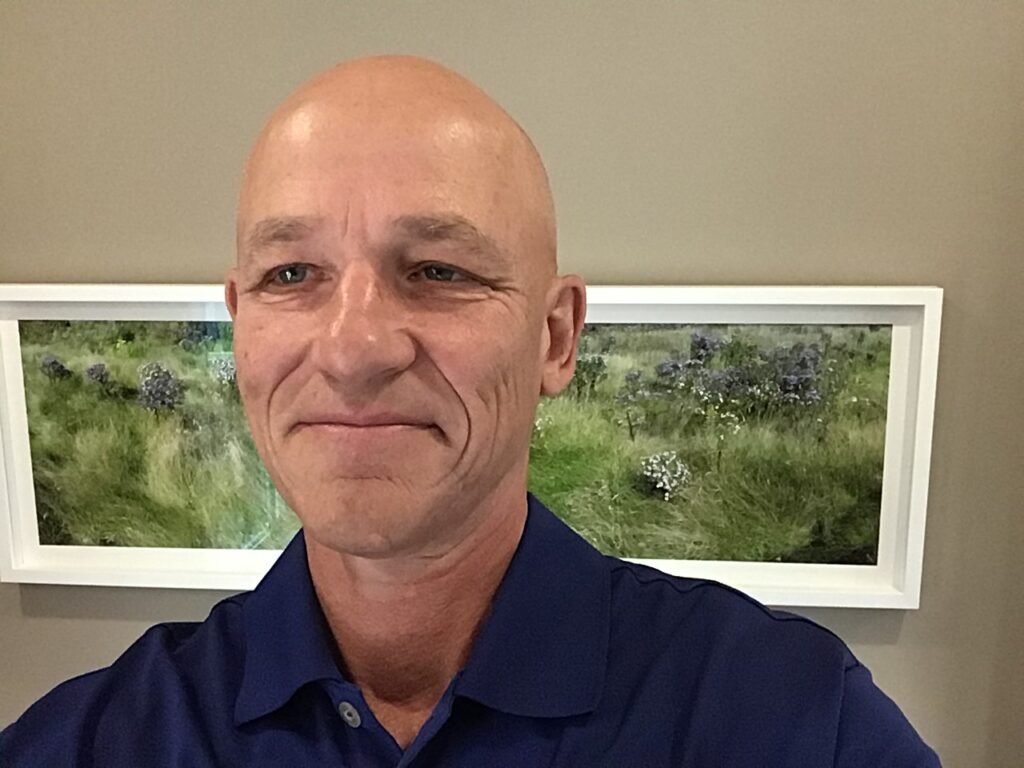The What, Why, Who, How, Where and When
Over the past year we have tried to keep you informed about the status of the Shawanaga Island IPCA. The following Q and A provides the latest information we have received from Shawanaga First Nation (SFN), as well as the federal and provincial governments.
WHAT: IPCAs are lands and waters where Indigenous governments have the primary role in protecting and conserving ecosystems through Indigenous laws, governance and knowledge. IPCAs vary in terms of their governance and management objectives however, they generally share three essential elements:
- Indigenous governments have the primary role in determining the objectives, boundaries, management plans and governance structures for IPCAs as part of their exercise of self-determination,
- IPCAs elevate indigenous rights and responsibilities, and
- IPCAs represent a long-term commitment to conservation.
IPCAs emerged from the Convention on Biological Diversity which in 2010 set targets IPCAs emerged from the Convention on Biological Diversity which in 2010 set targets
In 2019, SFN received funding from Environment and Climate Change Canada to establish an IPCA on Shawanaga Island and its surrounding waters. SFN has declared that it will protect the species that live on the Island in balance with greater use and stewardship.
WHY: Increasing evidence from around the world have found that those Indigenous approaches are more effective in protecting biodiversity than State-led approaches. Historical efforts to create “parks” and “protected areas” by Canadian governments were not centred on the health and well-being of nature; nature was instead the backdrop for recreational experiences. More recently, Canadian governments have made biodiversity more of a priority along with the realization that Indigenous Peoples have something to offer – after all this area has been home to the Anishinaabe of Shawanaga First Nation for time immemorial. An IPCA on Shawanaga Island will help to rebuild the connections to the Island that have been lost in recent generations.
WHO: at the invitation of SFN, PaBIA has continued to participate in the working group established for IPCA on Shawanaga Island. The working group is an advisory body and has no decision-making authority. But SFN has been collaborative and extremely open to accepting suggestions by PaBIA and other representatives from the Township of the Archipelago, the Georgian Bay Land Trust (GBLT), Georgian Bay Forever (GBF) Georgian Bay Biosphere (GBB) and Georgian Bay Islands National Park (GBI).
HOW: Provincial and federal authorities are supportive of the creation of IPCAs and are looking for the endorsement of surrounding communities. Officials have told us that IPCAs will not affect or impede the interests (including property rights) of neighbouring communities or stakeholders.
WHERE: The IPCA will comprise approximately 1020 hectares of land on Shawanaga Island, in addition to the surrounding waters. The boundaries match those that were identified by the government of Ontario in the early 2000s when it conducted work to create a conservation reserve on the Island and some of the islands nearby. These boundaries do not include privately held land.
WHEN: SFN is currently developing a Management Plan which will be submitted to governments for their consideration. Because the land is provincial Crown Land, the government of Ontario will need to put the IPCA into effect. Because this could be one of the first IPCA’s created in Ontario, the process and timing for implementation is not yet clear.
OTHER: Our conversations with representatives of SFN have been open and constructive. They have made it clear that they intend to limit development on the Island. However, there will likely be activities or buildings that support cultural or educational learning, sustainable harvesting through hunting, fishing and gathering of plants, or things that are similar to what we might typically see in wildlife reserves (limited access to protected areas) or provincial parks, such as campsites, anchorages and pathways.
We will continue to update you as we learn more. In the meantime, please feel free to contact me should you have questions or concerns.
Mark Gwozdecky
Director, Indigenous Affairs and Relations with Shawanaga First Nation, PaBIA
markgwozdecky@gmail.com
